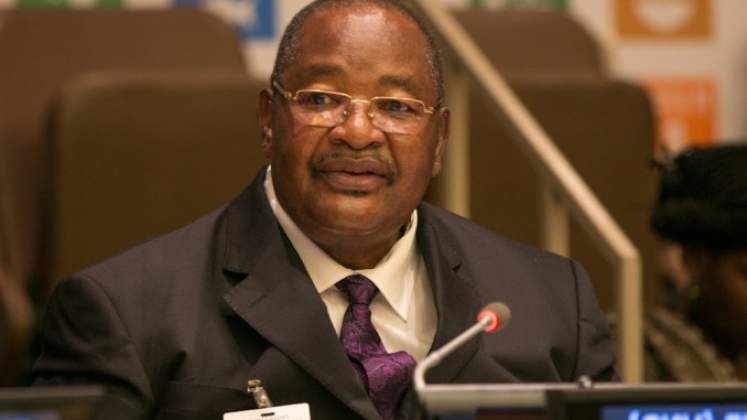
BY SIBONGINKOSI MAPHOSA
Female victims of an army clampdown in Matabeleland and Midlands provinces in the early years of Zimbabwe’s independence have been recounting harrowing tales of how they were sexually abused by Fifth Brigade soldiers, the National Peace and Reconciliation Commission (NPRC) has revealed.
The NPRC is conducting hearings into the 1982 to 1987 army incursions in the two provinces now infamously known as Gukurahundi to help victims find closure.
Human rights groups says at least 20 000 people were massacred by the North Korean trained Fifth Brigade while thousands of people from the region were displaced during the operation former president Robert Mugabe described as a moment of madness.
The NPRC has held meetings in Tsholotsho, Bubi and Bulawayo targeting female victims of the atrocities.
Netty Musanhu, an NPRC commissione, said listening to the testimonies by survivors was “heart-rending”.
“The stories that were told by women were heart rending and very emotional, no one deserves to go through what some women went through during the Gukurahundi era,” Musanhu said at the Bulawayo meeting held in Entumbane recently.
Soldiers that were ostensibly deployed to hunt for dissidents targeted supporters of late vice-president Joshua Nkomo and his Zapu party.
- Chamisa under fire over US$120K donation
- Mavhunga puts DeMbare into Chibuku quarterfinals
- Pension funds bet on Cabora Bassa oilfields
- Councils defy govt fire tender directive
Keep Reading
They allegedly bayonetted pregnant women, accusing them of carrying children of dissidents and raped some of their victims.
Some of the women were forced to raise children fathered through rape. Musanhu said the NPRC wanted to create a conducive environment for the women to tell their stories.
“We are working extremely hard as a commission to create safe spaces for truth telling,” she said. “We need to engage with our violent and emotional past.
“We have left the Gukurahundi issue unresolved for too long, but I strongly feel we still have an opportunity to engage.”
Musanhu said the NPRC will set up an office in Bulawayo to offer psycho- social and legal support to the victims through its thematic committees.
“We will set up a southern region thematic support committee to offer victims psycho-social and legal support, because women still have the fear of the unknown,” she said.
“We will work closely with the thematic committees we have set to ensure that women as the most affected get all the support they need.”
President Emmerson Mnangagwa early this year said his government was now ready to address the Gukurahundi issue.
In March he met civil society groups from Matabeleland after which he promised that the government will ensure that victims of the atrocities get identity documents and remains of the dead are given decent burials.
However, former Home Affairs minister Obert Mpofu (pictured) wrote in the state media that there was no need to apologise for the killings.
Mpofu claimed that Gukurahundi was a closed chapter after Zanu and Zapu signed a unity accord in 1987.
Musanhu urged government officials to avoid sending mixed signals about the steps being undertaken to address issues arising from Gukurahundi.
“I am aware of the conflicting statements that some government officials have been making and this was consistently raised by most women in Bubi and Tsholotsho,” she said.
“We really urge government officials to be responsible because it takes people back to the violent experiences that they went through.”











